by Mike Gulett –
The wedge shaped cars that were popular in the 1970s have moved up in value – the shape of things to come. The leader is the Lamborghini Countach but others like the Maserati Bora are not far behind. The Lamborghini Espada has moved up as well even beyond the appreciation already seen for the Espada.
Is this just a natural pattern in the collector car market or is it because collectors of the right age are at the point in life where they can spend money on a collector car and they want the cars from the formative years of their youth?
The late 1960s and early 1970s were a time of big change in the world and this was true in car design as well. In 1967 the Lamborghini Marzal, designed by Marcello Gandini of Bertone, created a sensation at the Geneva auto show.
After the success of the beautiful Lamborghini Miura Gandini was eager to set himself apart from other designers. Even though he was only 29 years old at the time that he designed the Marzal there were questions as to how much influence Giorgetto Giugiaro had on the Miura design, questions which linger to this day. So, Gandini was motivated.
The Marzal concept set a new design direction for modern cars and the glimpse of the future could be seen in the unique features of Gandini’s creation. It bears a strong resemblance to the production Lamborghini Espada and Gandini then went on to style the wild and exciting Lamborghioni Countach.
The Countach plus the Miura established Lamborghini and Bertone on the cutting edge of auto styling.
Gandini continued with the wedge shape on the 1968 Alfa Romeo Carabo.
Other designers picked up on this wedge shape design trend for technical reasons and, more importantly, just to make a car look like it came from the future.
William Towns created an extreme wedge shape with the Aston Martin Lagonda in 1976.
As speed increases classic car designs would experience lift which is never good for a car trying to go fast especially around curves. This was probably not much of a factor for concept cars but it provided a reason to experiment with the shape of the car.
The wedge shape elevated the rear above the front and made the rear of the car behave like an air spoiler forcing the car down at speed and maintaining grip. And it did it while looking good unlike a car with a big rear wing added on as an after thought.
Giorgetto Giugiaro introduced the stunning Bizzarrini Manta in 1969 as the first design from his new firm ItalDesign.
Giugiaro continued to experiment with the wedge shape on the 1972 Maserati Boomerang, the Maserati Bora and Merak, Lotus Esprit, and the De Lorean.
The Shape of Things To Come From The British
The British also got involved with wedge shape designs with the Lotus Esprit by Giugiaro, later the Triumph TR7 designed by British Leyland designer Harris Mann and the Aston Martin Lagonda. I fell for the Triumph TR7 when it was first introduced in the US in 1975.
When I saw the movie “Pretty Women” I wanted a Lotus Esprit but when I sat in one I changed my mind because I did not fit very well much like the Aston Martin DB7 that I did buy many years later.
When the Triumph TR7 was introduced in 1975 all of a sudden my 1974 TR6 looked very outdated. I made the mistake of trading the TR6 in on a new 1975 TR7. Why this was a mistake is a completely different story, or maybe it is self-evident to those of you familiar with the TR7.
Gandini also designed the Lancia Stratos Zero concept car.
Paolo Martin of Pininfarina designed the 1970 Ferrari Modulo concept.
The wedge shape design trend certainly influenced modern car design for years but we see more smooth designs today on new cars and few of the wild wedge shapes, except for supercars like the Lamborghini Gallardo – designed by Giugiaro.
Let us know what you think in the Comments.
Portions of this article were first published in November 2016.
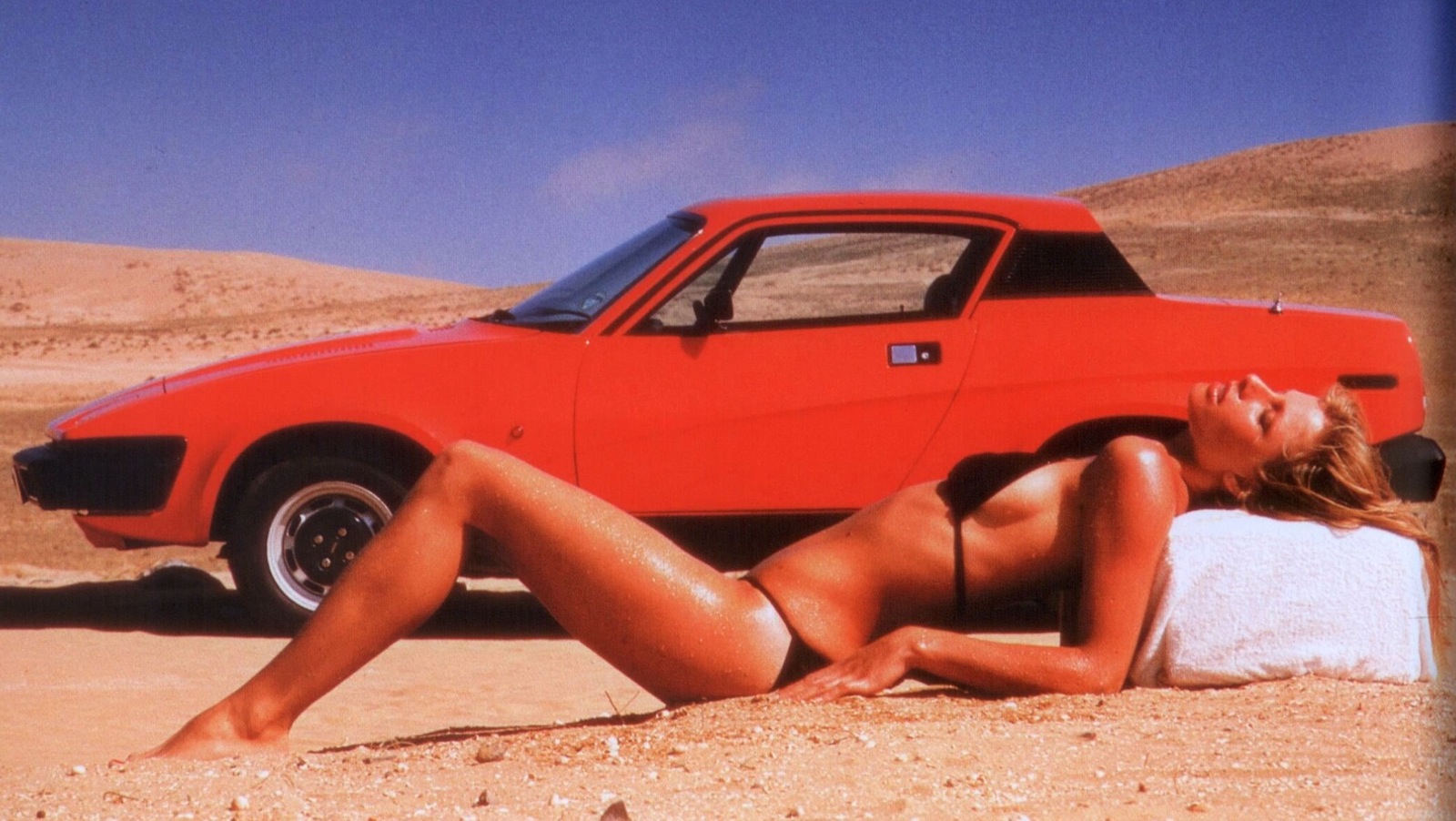
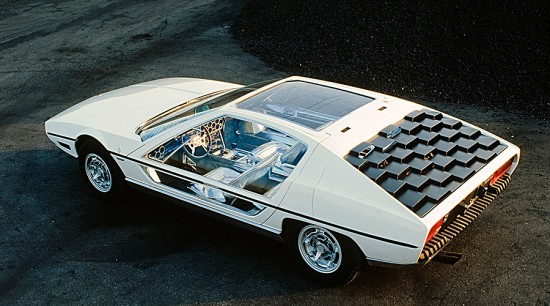
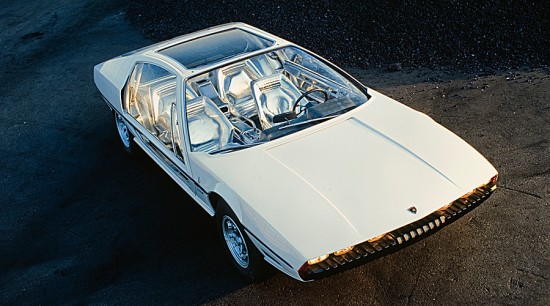
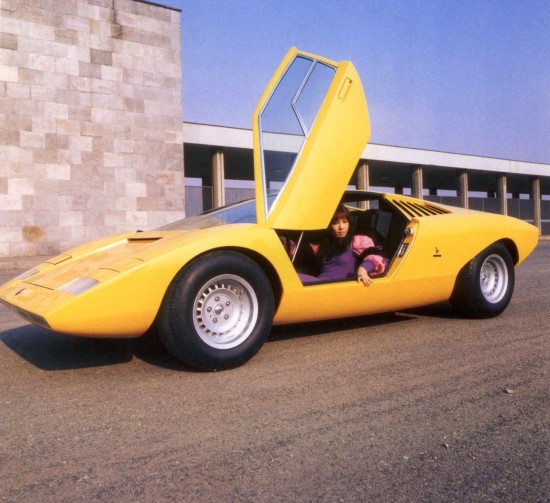
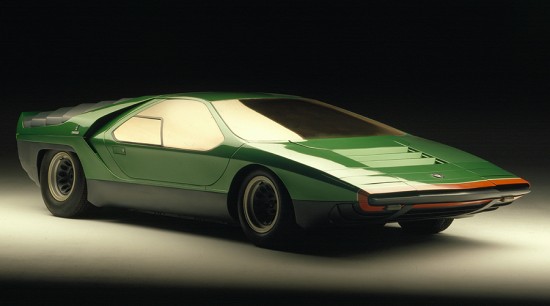
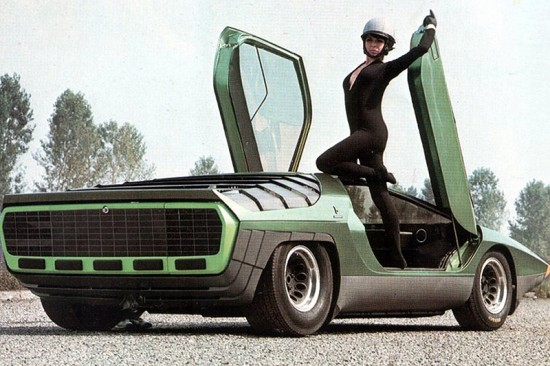
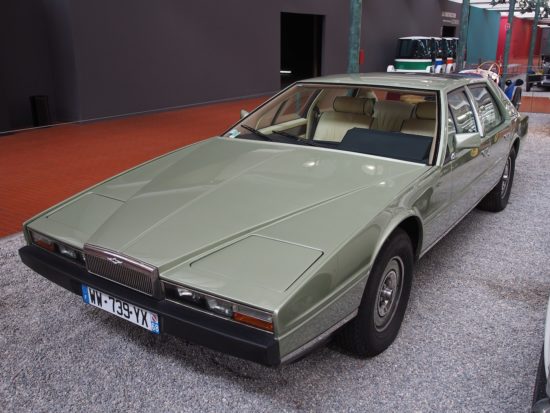
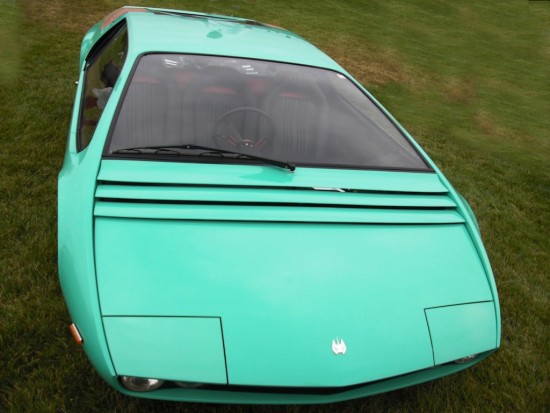
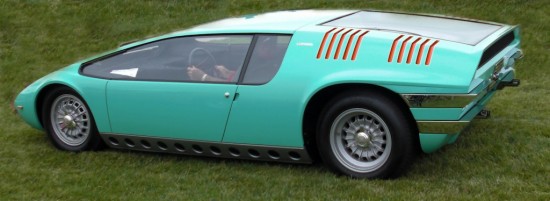
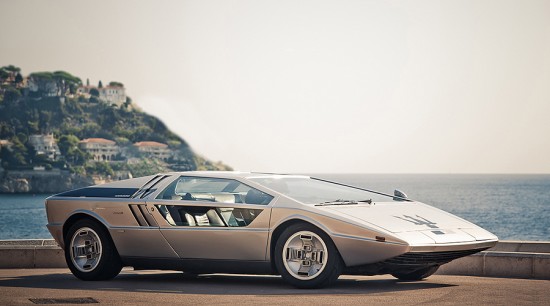
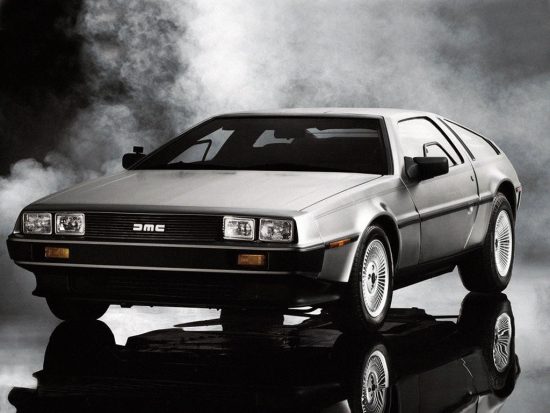
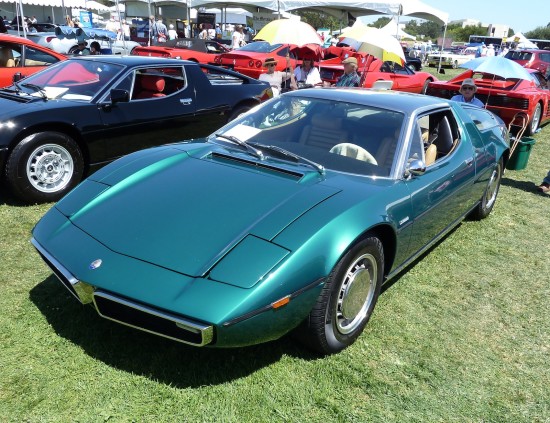
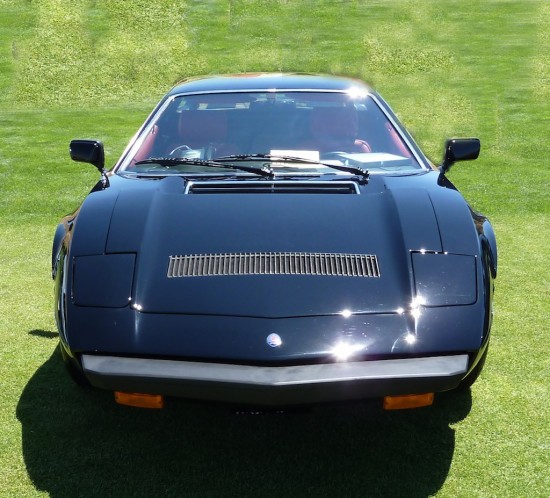
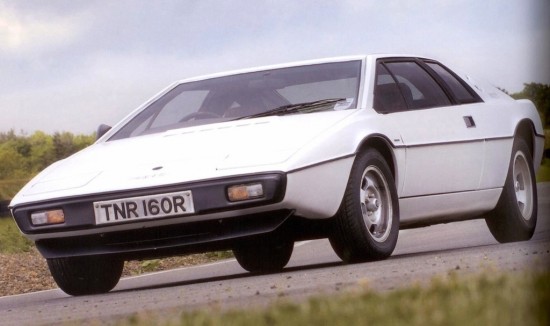
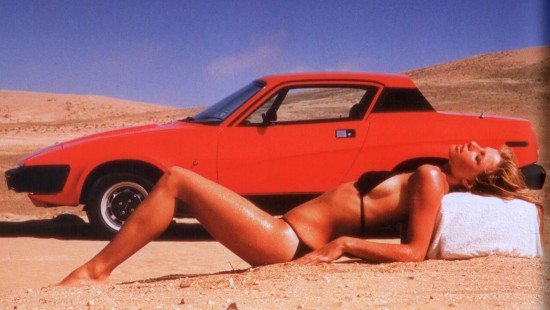
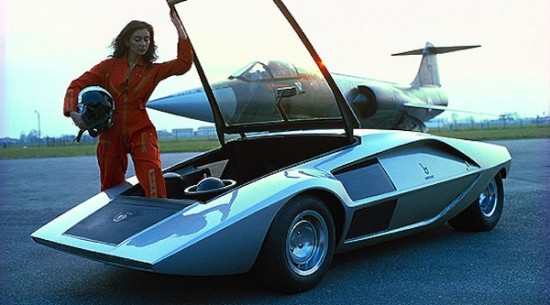
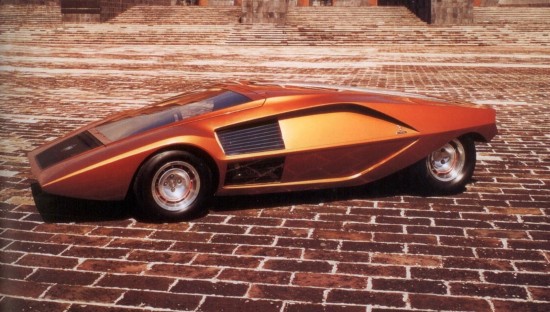
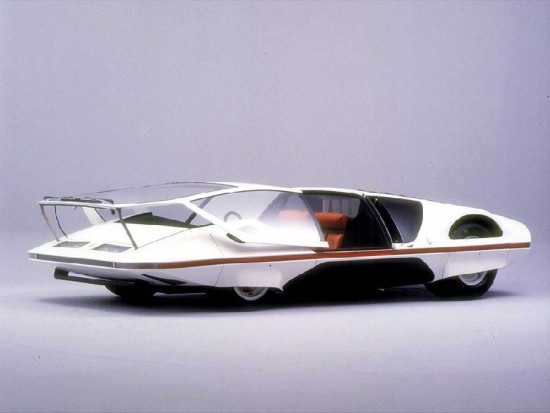
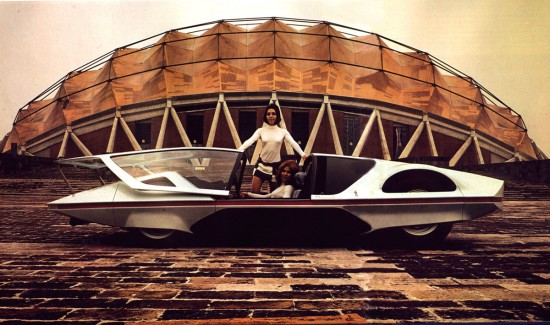
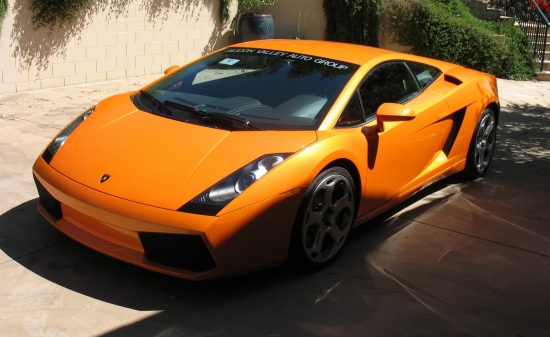
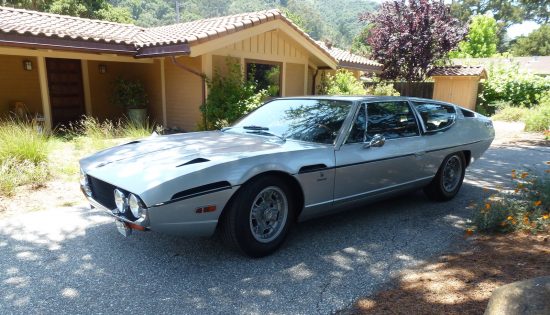


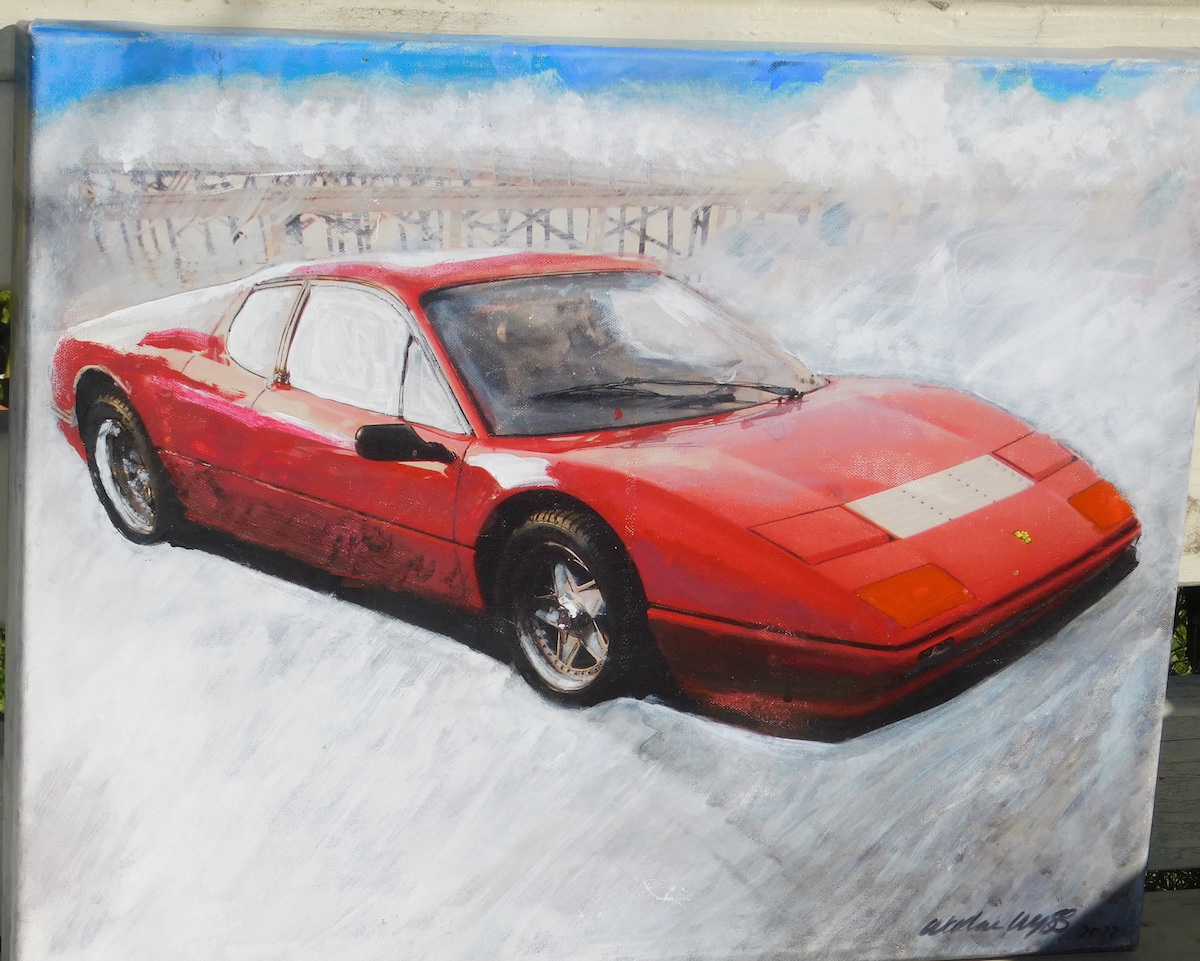

The wedge shaped cars were very much a design ethos from a distinct point in time. We’re not likely to see such a strong focus on planes and angles again, and I think that’s another reason they have become collectible. I’d like to add to the above list the affordable Lancia Monte Carlo (aka Scorpion). It too has a unique appearance today.
I got lucky with my TR-7. Of course it was several years old before I acquired it, but I am grateful that all of the influences worked out the way that they did, for me. It didn’t suffer the shortcomings the rest of them dealt with, and it was a favorite of mine. Even so, I never felt that I was in possession of anything approaching the svelte Italian works of art it has been graciously grouped with! It was on the front line of the wedge shaped cars in my neighborhood, not likely to encounter the wonderful, but expensive Italian offerings. I remember hearing comments, often, that the car would be ridden over in case of accidents: “You should get rid of it before you get in an accident.” I often wonder if I would have kept the car if it had the V-8 instead… Of the cars pictured above, I have only encountered the Countach and the Lotus Espirit! I do have a horrible memory — one I still cannot reconcile, of seeing what was obviously a Toyota 4 X 4 platform, embellished, somehow, with the body, and it appeared to be fully intact, of a Lancia Stratos. In a decidedly low rent neighborhood, I never saw it again.
I know looks are very subjective, but, to me, the Aston Martin Lagonda is beautiful. Every once in a while, I will actually see one driving or parked in Manhattan, and the design looks as fresh to me today, as it did 40 years ago. I know it had major electrical flaws, and manufacturing issues, but it as beautiful a 4-door sedan that you will ever see, to me, that is!
You forgot to mention the Fiat X1/9 and the Pontiac Fiero, other wedge-shaped offerings from that era!!!
Glenn,
I forget a lot of things these days.
Me, too. I call them my senior moments!!!
The May 2021 issue of the British car magazine, “Classic & Sports Cars” has a one page article on the wedge-shaped SHADO “cars of the future” from the 1970 UK science-fiction show, “UFO”, that simultaneously ran here in the States. It has an interesting backstory on how the (3) cars were constructed for the show, and where they are now. When I watched this show as a kid, the future never looked super cool – the cars, the rockets, the women in silver wigs and purple mini skirt uniforms!!! Anyway, it is an interesting read. Glenn in Brooklyn, NY
I meant to say that the show, “UFO”, by Gerry and Sylvia Anderson, did indeed make the upcoming future seem like it was going to be “supercool”. Glenn in Brooklyn, NY